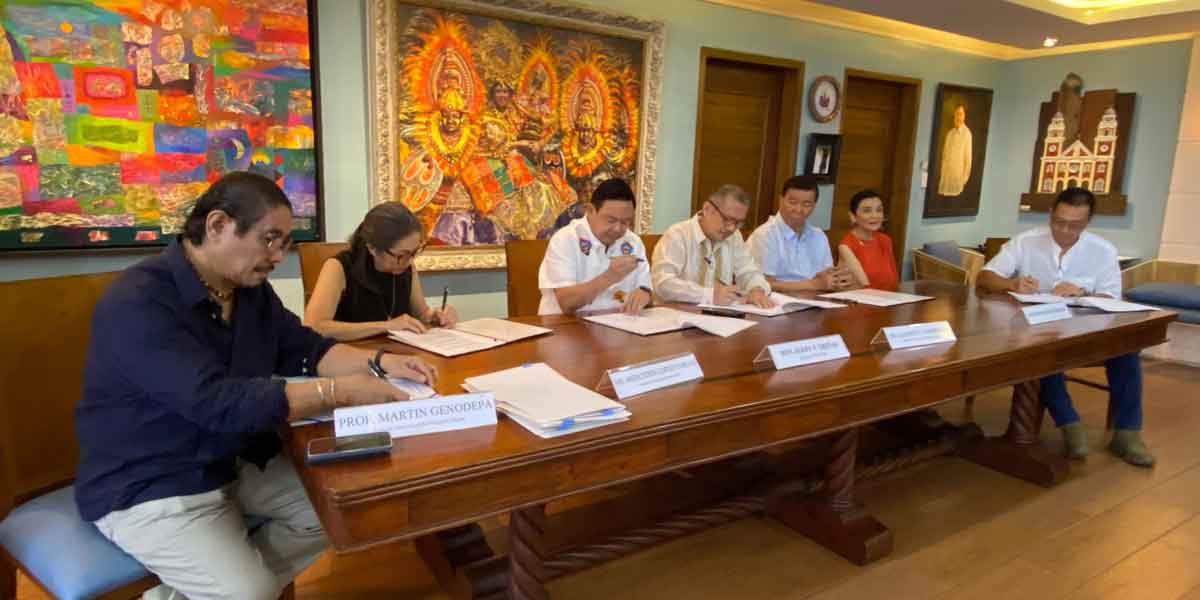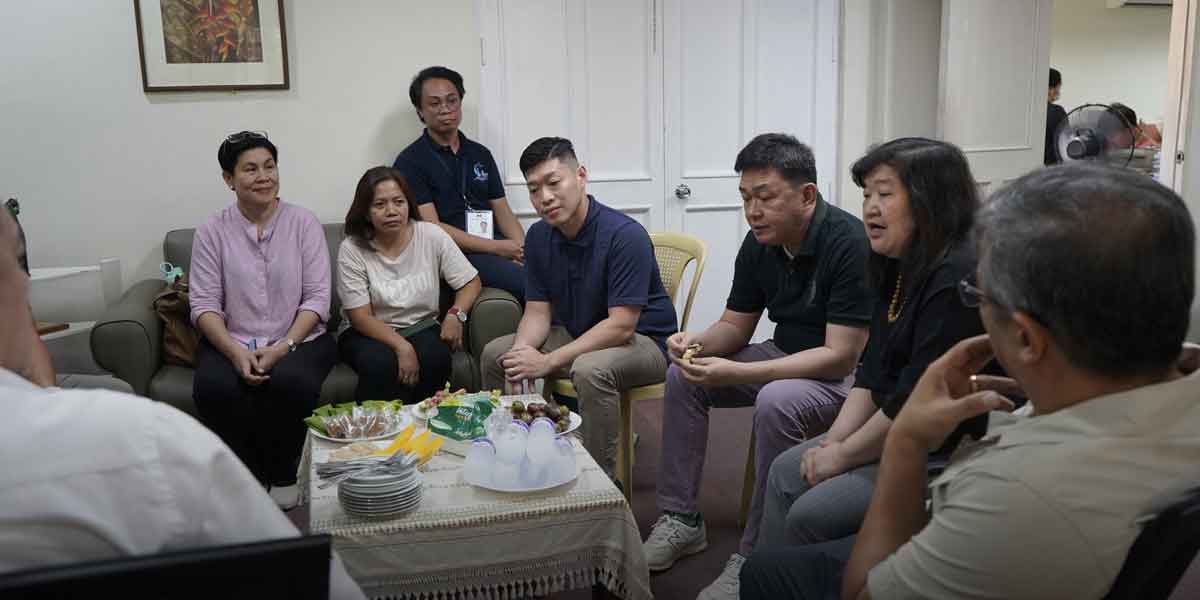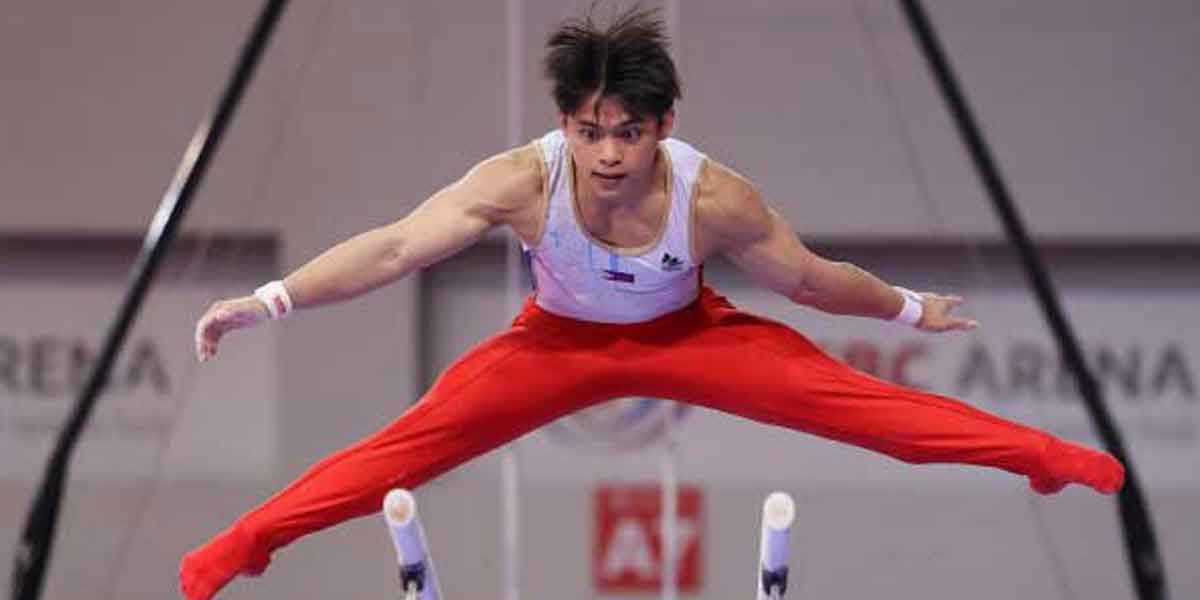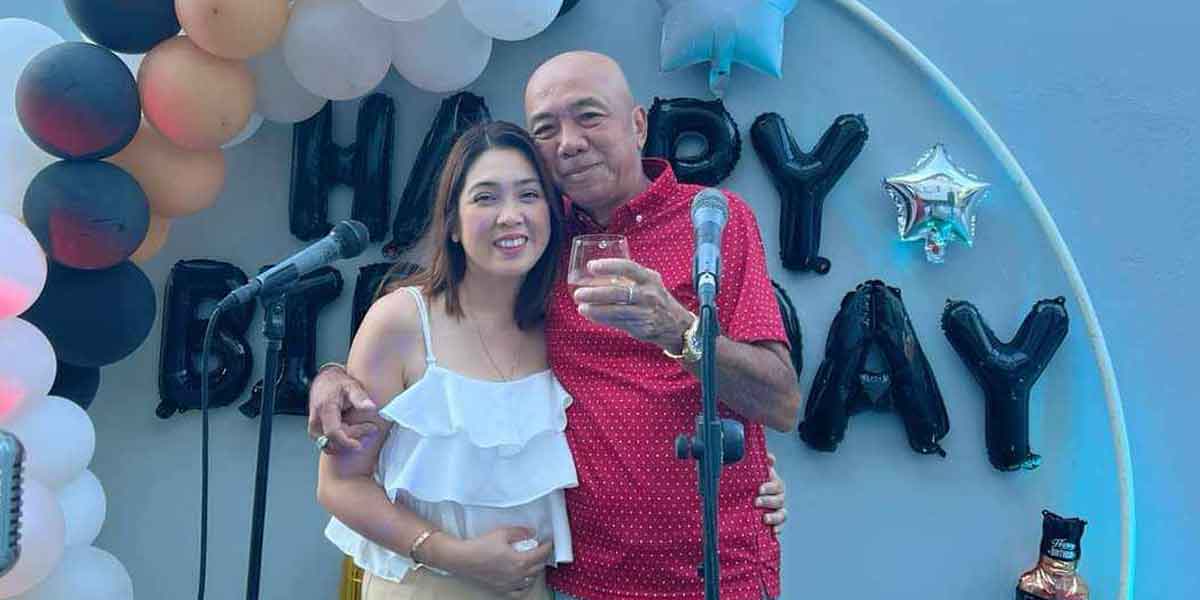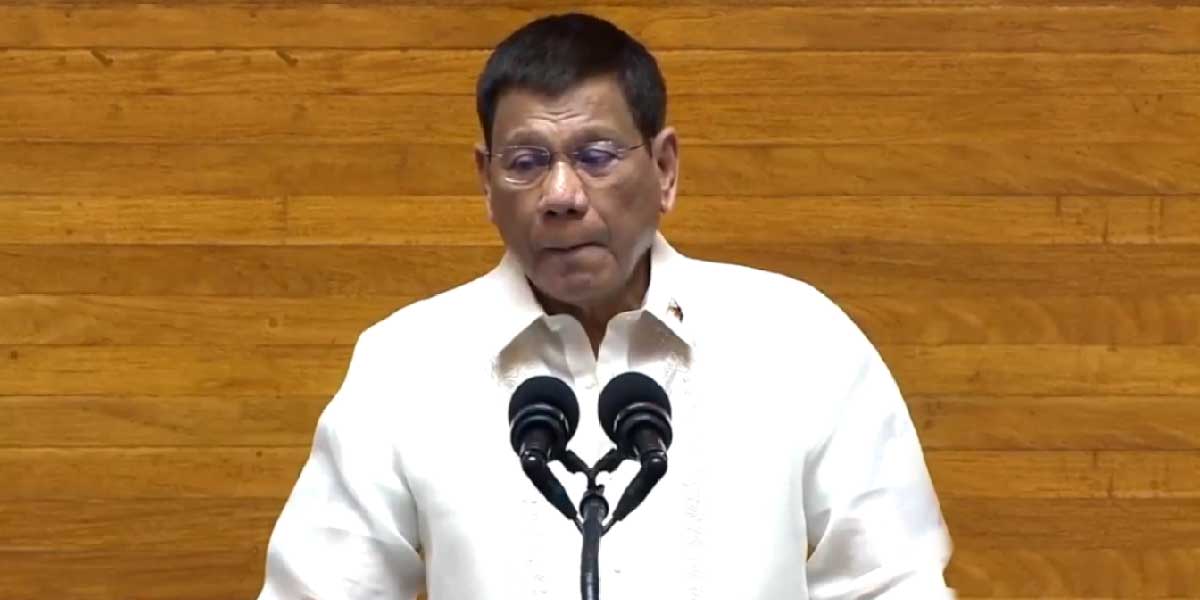
By Joseph B.A. Marzan
Despite President Rodrigo Duterte’s sixth and final State of the Nation Address (SONA) last July 26 being the longest in post-EDSA history (approximately 2 hours and 46 minutes according to news reports), some Ilonggos remained tuned in to their TV screens and radio sets.
Duterte touted his administration’s achievements in the last five years such as improving public transportation, eradicating illegal drugs, modernizing the military and police forces, and his response to the coronavirus disease 2019 (COVID-19) pandemic.
The president also threw tirades at critics of his regime, including the International Criminal Court investigation on the war on drugs.
Through Twitter Spaces, some Ilonggo netizens gave Daily Guardian their take on the President’s final SONA and the leader they would like to replace him at 12:01 p.m. on June 30, 2022.
SONA REACTIONS
Justin Bionat, a social science teacher and law student, watched the first parts of the SONA and even posted his thoughts on social media, but stopped when Duterte started talking about taxation.
Bionat called the Duterte administration’s achievements as “half-baked”, adding that what he got from the SONA was a president trying to justify the past five years.
The underlying message of the whole SONA was to state that the president’s team, which included two allies Senators Bong Go and Bato dela Rosa, “would not go away and remain in the foray”.
But Bionat said he was hoping that Duterte would take responsibility for the administration’s mistakes, like “positively” addressing his pending case with the ICC to fix his image in the international community in the waning months of his presidency.
“There’s no president who would come to the SONA and say bad things about himself. I expected as much as many lies and more false promises that’s expected from him or any president, but what I was expecting was for him to admit some of the mistakes that he committed and the lapses in his leadership but I think that never happened. He even started his speech by saying that the purpose of his administration was ‘pure’ and unpolluted, but clearly it’s not pure, and clearly his intentions are misplaced,” Bionat said.
Dreu Padernal, an Ilonggo based in Cebu, never watched any of Duterte’s SONAs because of the president’s language and only read transcripts and news reports about his speeches.
But this year, Padernal watched through online platforms while at work, and likened Duterte’s speech to “answers in a Miss Universe pageant”.
Padernal agreed with Bionat that the latest and last SONA was “more about the president uplifting himself” and not addressing more pressing concerns.
He took note of the president’s words in relation to China, which he said prompted him to stop listening.
He also shared being annoyed with the achievements the president mentioned, like fixing transportation issues which he said remained unfulfilled citing his current commuting experience.
Like Bionat, he said Duterte “should have been honest with himself” during the speech by admitting his lapses as chief executive.
“A lot of people were waiting for his feedback on the current situation, like his COVID-19 response or even during the Marawi incident, but he does not really address the situation, but more of uplifting himself and preparing other candidates to replace him. His SONA, instead of stating what his plan was for the country’s future, was more of a campaign,” Padernal said.
Carmela Adelantar, an environmental advocate and political science student, watched the SONA with peers in other parts of the country through a Zoom watch party, where they also held a “debriefing” afterwards.
Adelantar expressed frustration with the SONA, saying that watching it alone “would have been stressful”, and that she was thankful having watched with friends to debrief themselves of the events.
Just like Bionat and Padernal, Adelantar was not surprised by what she heard during the SONA, citing the president’s recurring tirades.
She was also disappointed by the lack of discussions on the environment, citing Duterte’s past SONAs where he made bold pronouncements and discussing the dolomite sand of Manila Bay.
As an environmental advocate, she said she would have wanted to hear about the president’s plans for the environment amid the COVID-19 pandemic, highlighting recent natural disasters in the country which also affected the city and province of Iloilo.
“For the past five years, he has talked about peace and order and the CPP-NPA, China, how he hates America, Bong Go, ‘tapang and malasakit’, and [curses]. In the history of SONAs I’ve watched, only [Duterte] made bold pronouncements about the environment, and I was expecting he would talk about it in his last SONA, but there was none. The most he talked about [in relation to the environment] is the dolomite over Manila Bay,” she said.
THE LAST FIVE YEARS
They also shared their views on the past five years of the Duterte administration, most of which were negative, citing several instances.
For Bionat, the Duterte administration was “marked with fear and mistrust”, citing the consistent presence of Extra-Judicial Killings (EJK) on the news since his first days in office, as well as the polarized responses to his policies and promises on social and traditional media.
Bionat said that as a candidate, Duterte had a platform which seemed doable and made him trustworthy and likeable, something that “has gone south” since he took office.
“If you see that during this time, people lived in a society, a fearful society that had EJK on the frontpage, the society that could see the loopholes and the shortcomings in Duterte’s leadership, then you come to understand that there really was something wrong with his leadership. As people who are citizens and voters, we have all the right to seek accountability for the lapses in his leadership and administration, as we’ve had the same right towards previous administrations,” Bionat said.
Adelantar called Duterte’s election and initial assumption as a “turning point”, citing his jump from being city mayor to a president. She also confessed that she expressed support when the then-Davao City Mayor ran for president in 2016.
But she summed up the Duterte administration as “one hell of a roller-coaster ride”, which she says she no longer wants another 6 years of.
She added that as a political science student, Duterte’s achievements were a “bare minimum”, citing developments such as extending validity of the Philippine passport and the Philippine ID system.
She also called out the chief executive’s moves on the environment, such as granting 70 coal mining permits, as well as his appointment of a former military officer, Roy Cimatu, as the environment department’s chief.
“Sometimes we would wake up to good news, and sometimes we would wake up and my sense of taste changes. Every day, we’ve gotten used to hearing bad news, hearing curses compared to good news on the economy, especially on more jobs and added benefits. He did turn the Philippines like Davao City ‘lite’ but he cannot lead an archipelagic country with different cultures and practices. One thing that made him win is that what makes the Filipino culture unite is machismo,” Adelantar said.
THE LEADER THEY WANT
Given that it was less than a year from the May 9, 2022 National and Local Elections (NLE), they also shared what kind of leader they would want.
Reiterating his hope that Duterte should try to fix his image with the international community, Bionat said the country’s next chief executive should have a clear vision of local programs but also a good foreign policy.
He cited the incumbent president’s leniency towards China as well as souring foreign relations with other countries.
“While they develop the country within, to also have a good policy is important because it brings in a lot of things to the Philippines, from trade to foreign investment, and to aid. Good foreign relations have a good effect, and that’s one thing that Duterte hasn’t necessarily achieved,” Bionat said.
Padernal said he hopes that the country’s president talks to people on the ground and relies on science for responses to problems.
“One thing I’ve noticed is that when you listen to people from the roots, you would know the problem and know how to address this concern. You’d have a mindset that there is a problem, then you would ask for feedback or answers from experts on how to deal with them. If I would be voting for a president, I would look at their track record of listening to people from the roots,” Padernal said.
For Adelantar, she is looking for a leader “with a strong political will”, who knows how to mobilize the people under them.
She did shy away from expressing her support for Vice President Leni Robredo should the latter run in next year’s polls.
“I believe that one person cannot do everything, but if you have political will, you can do a lot. You have different government offices to take care of everything. It takes one person with a political will to make offices move. [Duterte] had a strong political will to give out money to the military, but how can he not do that to the environment? He cannot lay down transportation infrastructure with ‘Build Build Build’, and then people still experience continuing floods,” she said.



